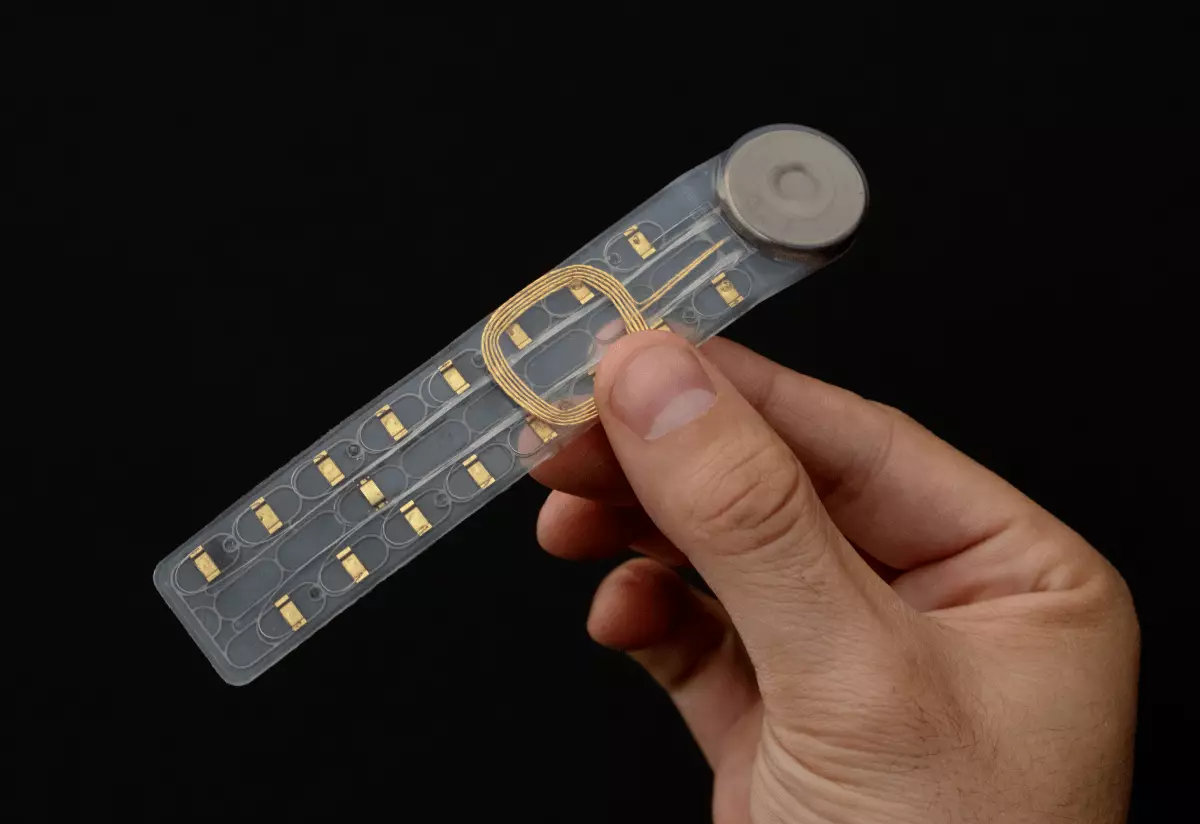In an age where science fiction meets reality, the boundary between human capability and technological assistance is rapidly evaporating. The emergence of companies like Phantom Neuro signifies a bold step towards integrating technology with the human body in a meaningful way. By developing an innovative wristband-like device that can be implanted beneath the skin, Phantom Neuro is paving the way for a future where individuals can control prosthetic limbs with remarkable precision. With its recent fundraising success of $19 million, the company’s ambition to transform prosthetic technology is a thrilling prospect for both the medical community and patients alike.
Innovative Approach and Clinical Achievements
Phantom Neuro’s impressive milestones include receiving two crucial designations from the FDA, which highlight the company’s commitment to developing groundbreaking medical technologies. The “Breakthrough Device” designation alone is a testament to the potential impact of their innovation. The company’s device leverages the intelligent design concept of the “phantom limb” phenomenon, capitalizing on the remaining nerve signals that amputees experience. This ingenuity sets Phantom Neuro apart, as it attempts to decode those signals and translate them into specific movements of a prosthetic limb.
Recent studies, including the “ASCENT” study, have demonstrated the effectiveness of their prosthetic control technology, achieving a remarkable 94% accuracy in translating neural impulses into action for various hand and wrist movements. Such advancements challenge the traditional limits of prosthetic capabilities and hint at a future where amputees could regain a significant level of function with minimal calibration time.
The Vision Behind Phantom Neuro
Dr. Connor Glass, the founder of Phantom Neuro, embodies a curious blend of ambition and ingenuity. Originally aiming for a career in military service, a setback due to frequent stress fractures led him to pivot toward the medical field, ultimately graduating from medical school in Oklahoma. His background in neuroscience research at Johns Hopkins University exposed him to the limitations of current brain-computer interfaces, prompting him to explore the less invasive territory of neural integration through peripheral nerve signals.
Dr. Glass’s vision extends beyond merely improving prosthetic technology; he aims to create a scalable solution that could ultimately aid significant populations dealing with limb loss or mobility issues. His perspective highlights a holistic understanding of medical innovation, focusing not just on the technology itself, but on the meaningful impact it can have on human lives.
Strategic Partnerships and Potential Market Impact
Phantom Neuro’s funding round has attracted an array of influential investors, including notable companies such as Ottobock, a leader in prosthetics. This strategic partnership is particularly noteworthy as it lays the groundwork for collaboration in developing advanced prosthetic devices that can effectively interface with Phantom’s technology. The interplay between innovative neural interfaces and high-quality prosthetic hardware stands to redefine the functionality available to amputees.
As the landscape of medical technology continues to evolve, the implications extend far beyond traditional prosthetics. The potential applications of the technology could incorporate advances in robotic control, enabling AI systems to emulate human-like movement patterns through neural data. This multifaceted approach signifies a transformative era where futuristic concepts become practical realities.
Public Perception and Acceptance of Neural Implants
While the prospects of neural implants appear promising, the question of public acceptance is paramount. Patients may understandably have apprehensions regarding the safety and efficacy of invasive techniques. However, the growing familiarity and acceptance of medical implants—from spinal cord stimulators to birth control devices—may also create a more receptive environment for innovations like those proposed by Phantom Neuro. The notion of enhancing human capability through technology has gained traction, igniting curiosity and hope for many in similar circumstances.
The company’s commitment to developing a user-friendly interface for prosthetics aims to boost adoption rates among potential users by emphasizing practicality and minimal invasiveness. This considered approach might bridge the gap between advanced technology and everyday usability, allowing individuals to regain control over their lives—something that transcends mere functionality.
Phantom Neuro is not just another medical tech startup; it represents a deeper shift towards a future where human abilities can be augmented by technology in profound ways. Through innovation, strategic collaborations, and a keen understanding of user needs, the company stands at the forefront of a revolution in prosthetic development. The future looks bright, with astonishing possibilities waiting just around the corner.

